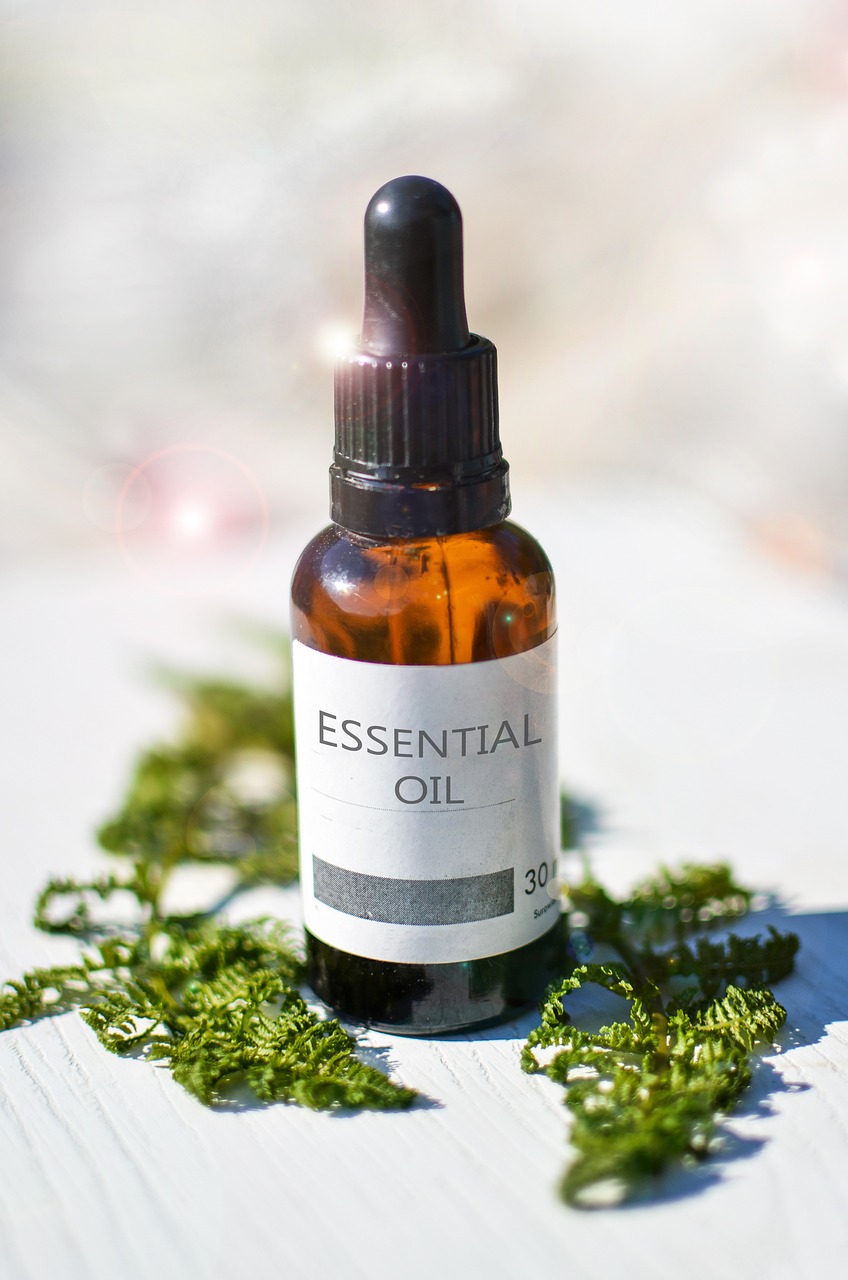Essential Nutrients for Active Individuals: Fueling Your Performance and Recovery
Active individuals, whether athletes or fitness enthusiasts, have unique nutritional needs to support energy levels, performance, and recovery. Proper nutrition plays a crucial role in enhancing endurance, strength, and overall well-being. By focusing on essential nutrients, you can optimize your fitness goals and maintain peak physical condition. Here’s a comprehensive guide to the key nutrients that active individuals should prioritize in their diet:
1. Carbohydrates
- Role: Carbohydrates are the primary fuel source for muscles during high-intensity exercise and endurance activities.
- Sources: Include complex carbohydrates such as whole grains (oats, quinoa, brown rice), fruits, vegetables, and legumes in your diet.
- Timing: Consume carbohydrates before and after workouts to replenish glycogen stores and sustain energy levels.
2. Protein
- Role: Protein is essential for muscle repair, growth, and recovery after exercise-induced damage.
- Sources: Lean meats (chicken, turkey), fish, eggs, dairy products, legumes, tofu, and plant-based protein sources like quinoa and lentils.
- Timing: Consume protein-rich foods within 30-60 minutes post-exercise to support muscle protein synthesis and recovery.
3. Healthy Fats
- Role: Healthy fats provide sustained energy, support hormone production, and aid in nutrient absorption (e.g., fat-soluble vitamins).
- Sources: Avocados, nuts (almonds, walnuts), seeds (chia, flaxseed), olive oil, and fatty fish (salmon, trout) rich in omega-3 fatty acids.
- Moderation: Consume fats in moderation to meet energy needs without excessive calorie intake.
4. Vitamins and Minerals
- Role: Vitamins and minerals act as coenzymes and cofactors in energy metabolism, muscle contraction, and recovery processes.
- Sources: Include a variety of fruits, vegetables, whole grains, nuts, seeds, and lean proteins to ensure adequate intake of vitamins (e.g., vitamin C, B vitamins) and minerals (e.g., iron, calcium, magnesium).
- Supplementation: Consider supplements if dietary intake is inadequate, especially for vitamin D, B12, or iron, under the guidance of a healthcare professional.
5. Hydration
- Role: Proper hydration is essential for regulating body temperature, lubricating joints, and transporting nutrients and oxygen to cells.
- Sources: Water is the best source of hydration. Consume water throughout the day and increase intake during exercise or in hot weather.
- Electrolytes: During prolonged exercise or intense sweating, replenish electrolytes (sodium, potassium) through sports drinks or electrolyte-rich foods (e.g., bananas, coconut water).
6. Antioxidants
- Role: Antioxidants help combat oxidative stress and inflammation caused by intense exercise, supporting immune function and recovery.
- Sources: Colorful fruits and vegetables (berries, spinach, kale), nuts, seeds, and green tea are rich in antioxidants like vitamins C and E, and phytochemicals.
7. Fiber
- Role: Fiber aids digestion, promotes satiety, and regulates blood sugar levels, important for sustained energy and overall health.
- Sources: Whole grains, fruits, vegetables, nuts, seeds, and legumes are excellent sources of dietary fiber.
8. Creatine
- Role: Creatine is a natural compound that enhances muscle strength, power, and recovery during high-intensity, short-duration activities.
- Sources: Found in small amounts in animal-based foods like beef, pork, and fish. Creatine monohydrate supplements are also commonly used by athletes.
9. Caffeine
- Role: Caffeine can enhance endurance, alertness, and focus during exercise by stimulating the central nervous system.
- Sources: Coffee, tea, and pre-workout supplements provide caffeine. Moderate intake (3-6 mg/kg body weight) before exercise can improve performance.
10. Omega-3 Fatty Acids
- Role: Omega-3s reduce inflammation, support cardiovascular health, and enhance cognitive function, benefiting overall performance and recovery.
- Sources: Fatty fish (salmon, mackerel), flaxseeds, chia seeds, walnuts, and omega-3 supplements (fish oil, algae oil) for vegetarians and vegans.
Conclusion
Balanced nutrition is fundamental for active individuals to optimize performance, support muscle recovery, and maintain overall health. By prioritizing these essential nutrients—carbohydrates, proteins, healthy fats, vitamins, minerals, hydration, antioxidants, fiber, creatine, caffeine, and omega-3 fatty acids—you can fuel your workouts effectively, recover efficiently, and achieve your fitness goals. Tailor your diet to meet individual needs and consult with a registered dietitian or nutritionist for personalized guidance to optimize your nutrition for optimal performance and well-being.
